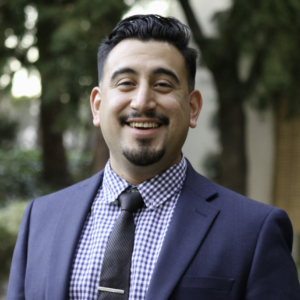By Stan Paul
Margaret I. FitzSimmons, former UCLA Urban Planning faculty member and professor emerita at UC Santa Cruz, died April 3, 2023, in Santa Cruz surrounded by family and friends. She was 76.
FitzSimmons was an award-winning scholar known to colleagues and students at UCLA and UCSC for her outstanding research, teaching and mentorship.
In 1980, she was appointed assistant professor in urban planning at a time when the program was part of UCLA’s Graduate School of Architecture and Urban Planning. At UCLA, she was a leader in founding the Environmental Analysis and Policy (EAP) concentration within the urban planning graduate degree program.
FitzSimmons joined the faculty at UC Santa Cruz in 1994, retiring in 2015 from the Environmental Studies Department of UC Santa Cruz’s Rachel Carson College.
She was born in Berkeley in 1947, the daughter of Edward and Elizabeth (Sauer) FitzSimmons. She earned her undergraduate degree in psychology from Stanford University in 1969, then turned to geography for her graduate work. She completed a master’s degree at California State University Northridge in 1975 and a Ph.D. at UCLA in 1983.
Her connection to geography at the University of California goes back to the field’s early days in the golden state. Carl Sauer, her grandfather, was an eminent scholar and longtime head of UC Berkeley’s geography department from 1923 to 1954 — the “Sauer years,” according to UC Berkeley Geography, and it later became known as the “Berkeley School.” He is described in the institution’s history as one of “the century’s most important geographers.”
FitzSimmons would go on to make her own name in the field.
As a doctoral student, she examined the interaction of nature, labor and capital in the agricultural industrialization of California’s Salinas Valley, as well as the region’s political ecologies and environmental history. She was later recognized by the American Association of Geographers (AAG) for the best paper based on a dissertation. Her work also received attention in prestigious publications such as the journal Economic Geography.
Her 1989 article, “The Matter of Nature,” published in the journal Antipode, has been widely cited.
Collaboration with colleagues also was a hallmark of FitzSimmons’ work and career.
Former UCLA Urban Planning colleague Robert Gottlieb, professor of urban and environmental policy, emeritus, at Occidental College, co-wrote with FitzSimmons “Thirst for Growth: Water Agencies as Hidden Government in California,” which was published in 1991.
In writing the book, FitzSimmons and Gottlieb focused on issues of public accountability and water policy innovation, specifically in California. The authors created case studies based on their research of a number of water agencies throughout Southern California.
Their book received enthusiastic praise. One reviewer described the publication as “a luminescent addition to the rapidly growing literature on the history of water policy and management.” The Journal of the American Planning Association credited the book in a review with making “an excellent case for recognizing the role of local water agencies as de facto land use planners due to the social nature of their water policy choices.”
Gottlieb said, “It was a wonderful time we had together working, both the book and the articles we wrote together and in the work we did in helping establish the environmental program.” Despite being “quite different, in terms of background and training,” he said, “we just ended up being wonderfully complementary to each other.”
Gottlieb, who came from a journalism background, said, “I always considered Margaret to be kind of a pure academic in the sense of she was so alive with ideas. And so connected to people she was engaging with, whether they were fellow faculty, staff or students.”
Gottlieb also noted her work with students. “One of the quite wonderful things about Margaret was her role as mentor and nurturer and connector — the interaction she had with students.”
He recalled when FitzSimmons’ former Ph.D. students organized a gathering and dinner at the 2016 AAG annual conference as a tribute to their mentor.
“That gathering was just a wonderful example of what people had to say that really stuck in my mind, of what a wonderful way to honor Margaret.”
When UCLA Urban Planning alumna Laura Pulido Ph.D. ’91 was contemplating where to do her doctoral studies, FitzSimmons was suggested to her as an ideal advisor. Pulido said that although she wanted to stay in geography — and was hesitant at first to apply to UCLA Urban Planning — once she met FitzSimmons, she knew it was the right decision.
“Going to UCLA and studying with Margaret was a transformative experience for me. She was a great source of knowledge, wisdom, generosity and love — I am deeply thankful for Margaret’s role in my life,” said Pulido, now professor of indigenous, race and ethnic studies and geography at the University of Oregon.
Pulido added that at that time there were no geographers working in Chicana/o/x studies and very few planners.
“Margaret and I shared deep interests in the environment, agriculture and Mexican labor. Most importantly, she offered me a supportive environment to develop my research in Chicana/o/x studies, race and social movements,” Pulido said.
Her work and rapport with students — and dedicated support of them — did not go unnoticed at UCLA.
In 1991, FitzSimmons received UCLA’s Distinguished Teaching Award, in part for her work in developing the Environmental Analysis and Policy concentration, where she “exceeded all expectations,” according to the award citation.
“Margaret had an important role in infusing planning with an environmental sensibility, which had largely been lost from the ’50s to the ’80s when planning became enchanted with suburbs and freeways,” said UCLA Urban Planning colleague Susanna Hecht. “She pointed to a future in which environmental concerns would have to move more centrally into the profession, as it was moving dramatically into American and global politics.”
Hecht said FitzSimmons’ work aligned with her own interest in large-scale politics and transformation.
“Her concerns were often in advance of the times, but harkened to a more holistic type of understanding,” Hecht said. “She rejected the kind of reductionism that later became popular in policy in planning, and insisted always on the broader view.”
After FitzSimmons joined the faculty at UC Santa Cruz, she remained engaged in questions of sustainability in agricultural production, as well as in the complexity of California’s ecological systems, Hecht said. “This is a complex legacy, but one in which she played a vital, if perhaps unrecognized, role.”
For former UCLA colleague Dolores Hayden, professor of architecture, urbanism and American studies emerita at Yale, FitzSimmons’ work extends far beyond UCLA and the UC system. “She will be missed by her colleagues and students in the United States and around the world.”
No formal memorial services have yet been announced. More information is available via the family obituary and tribute wall online.
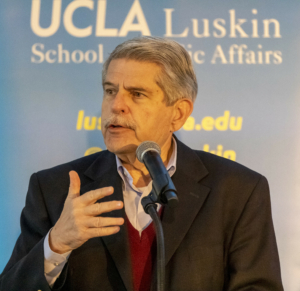
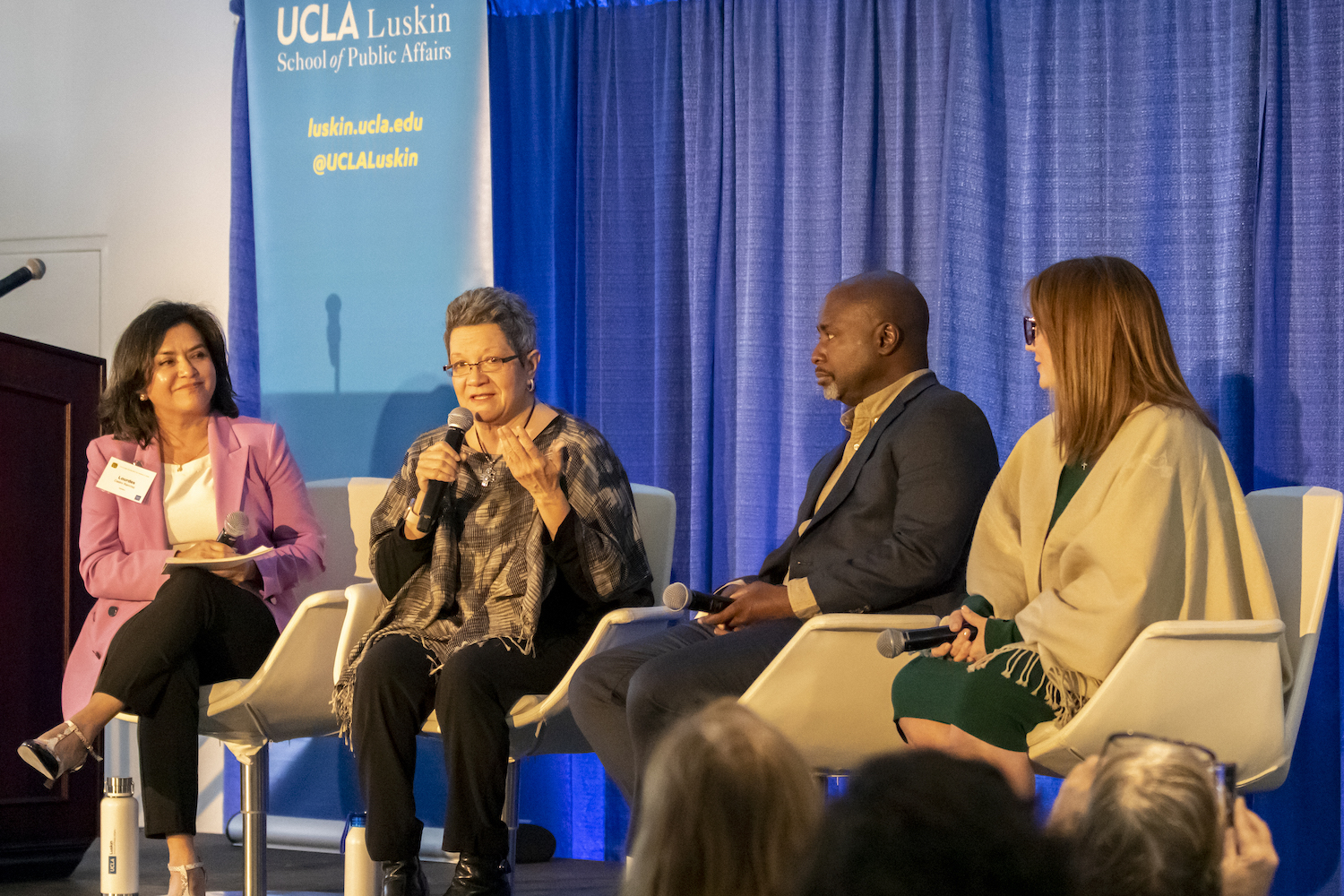
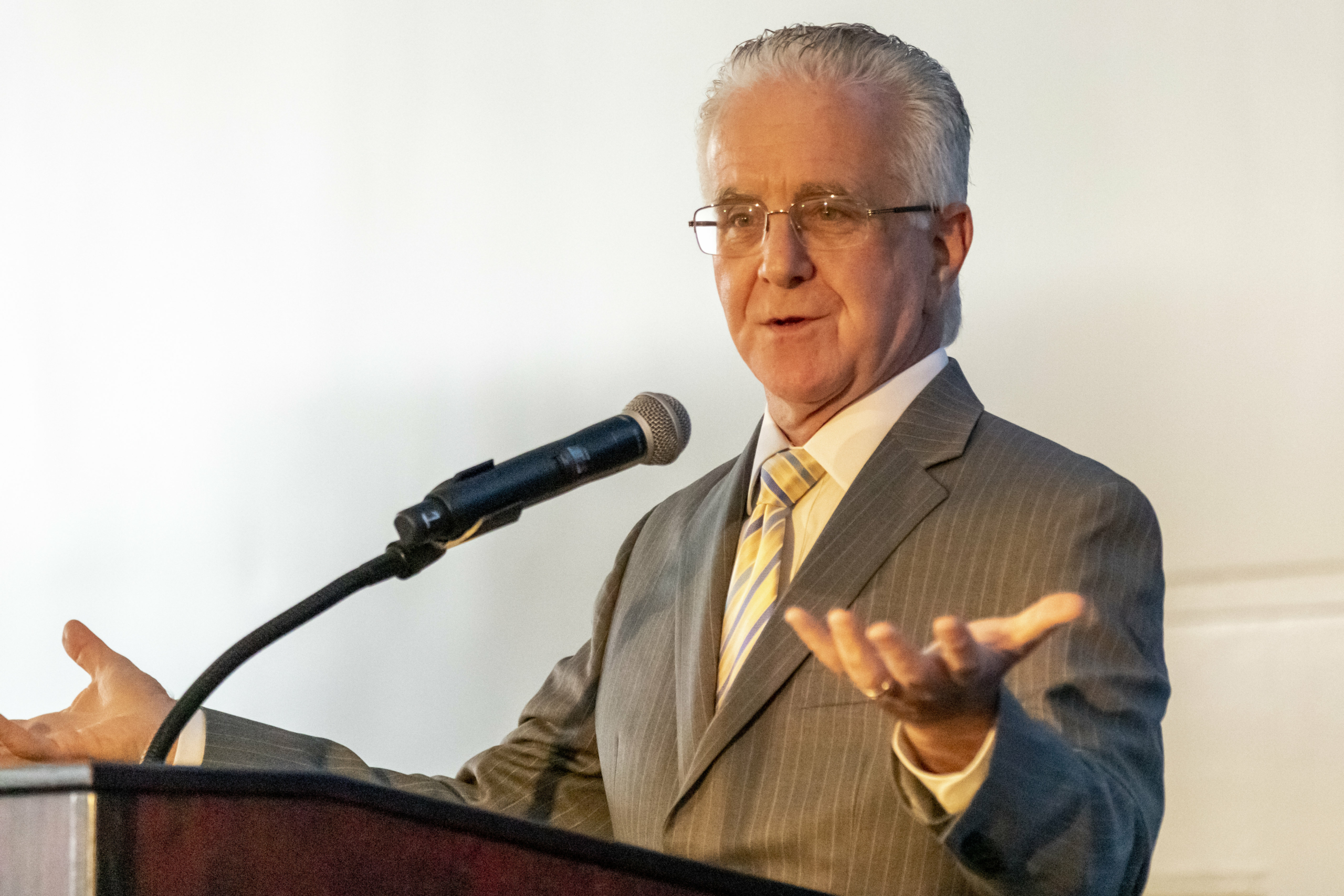
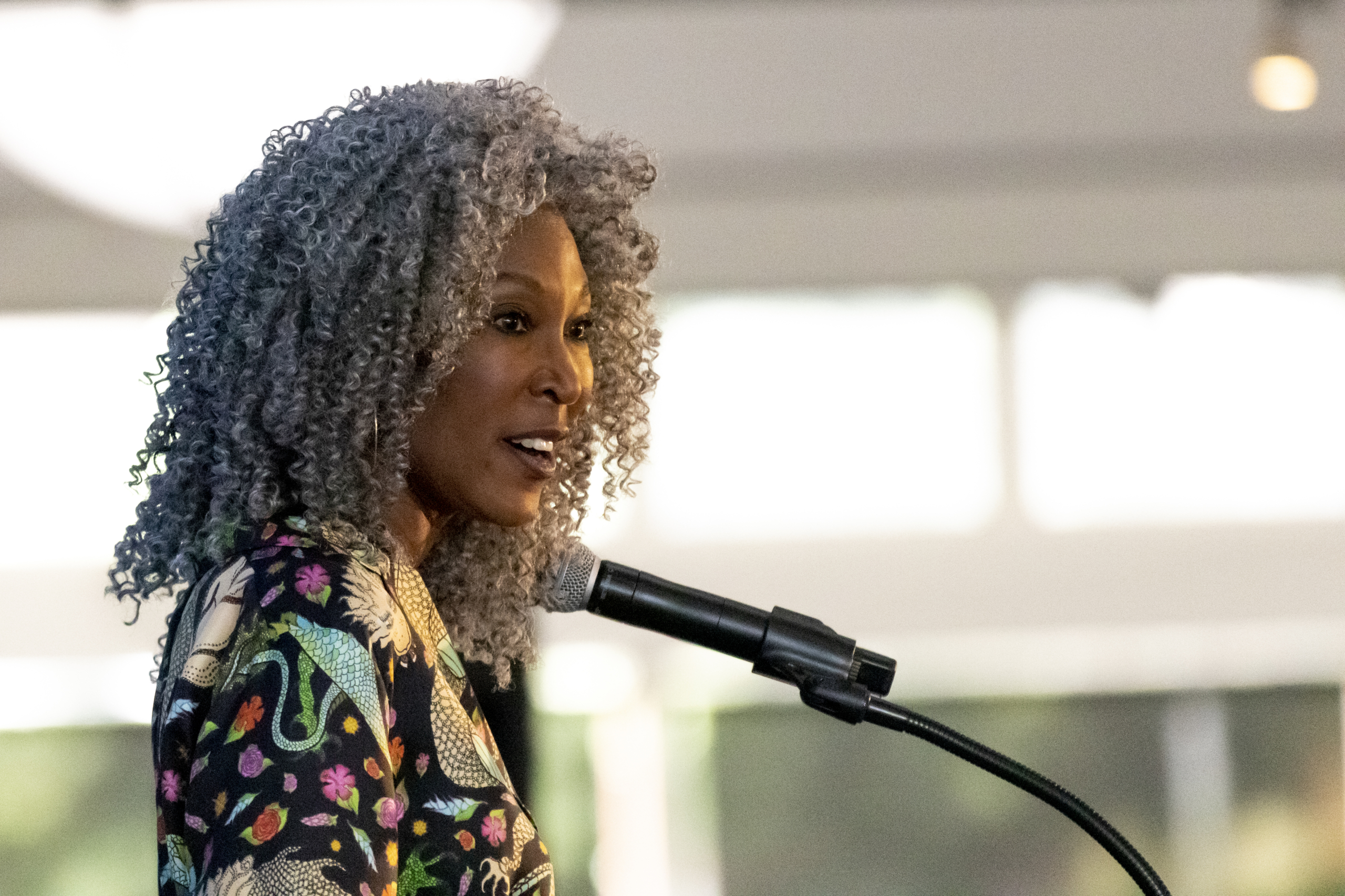
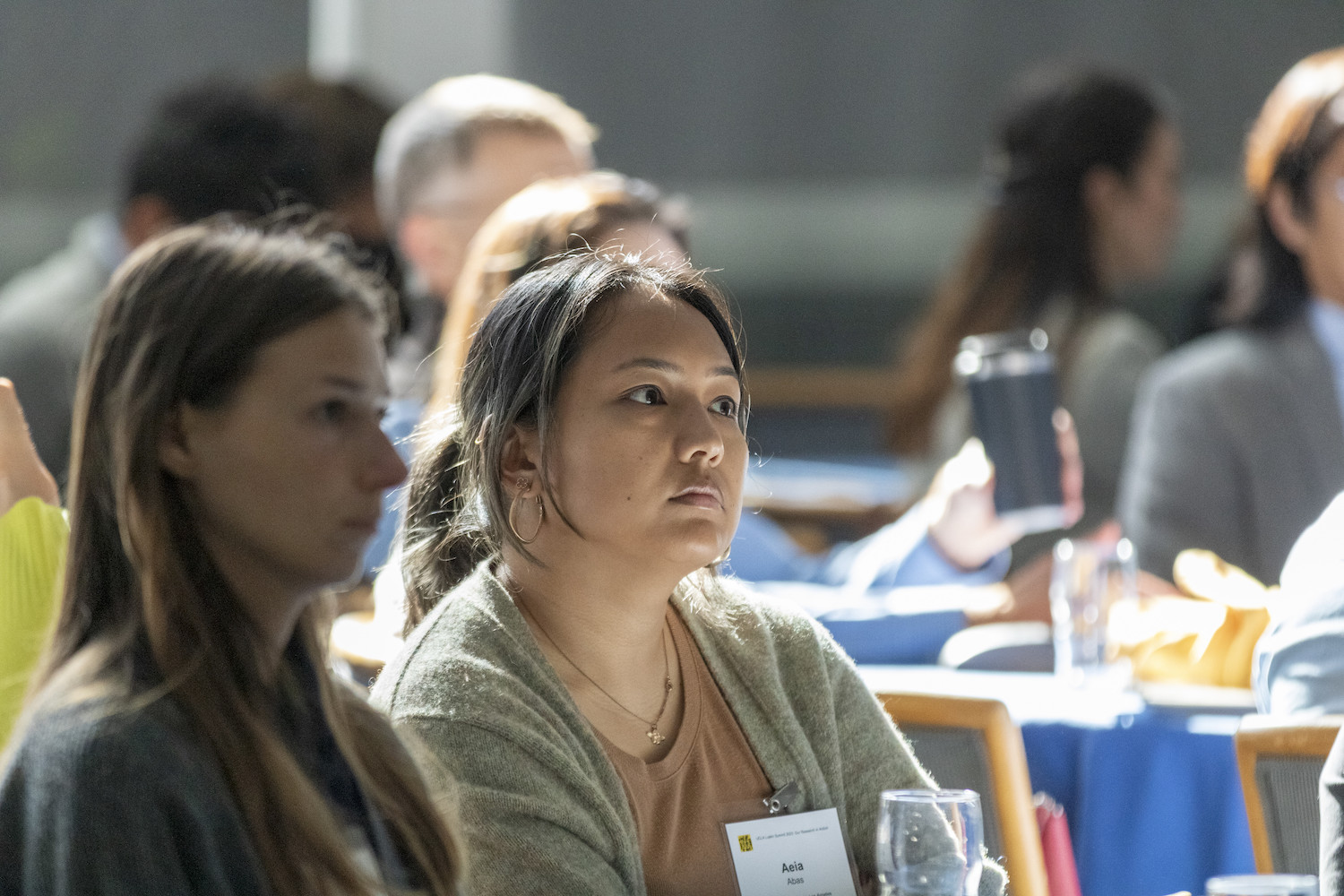
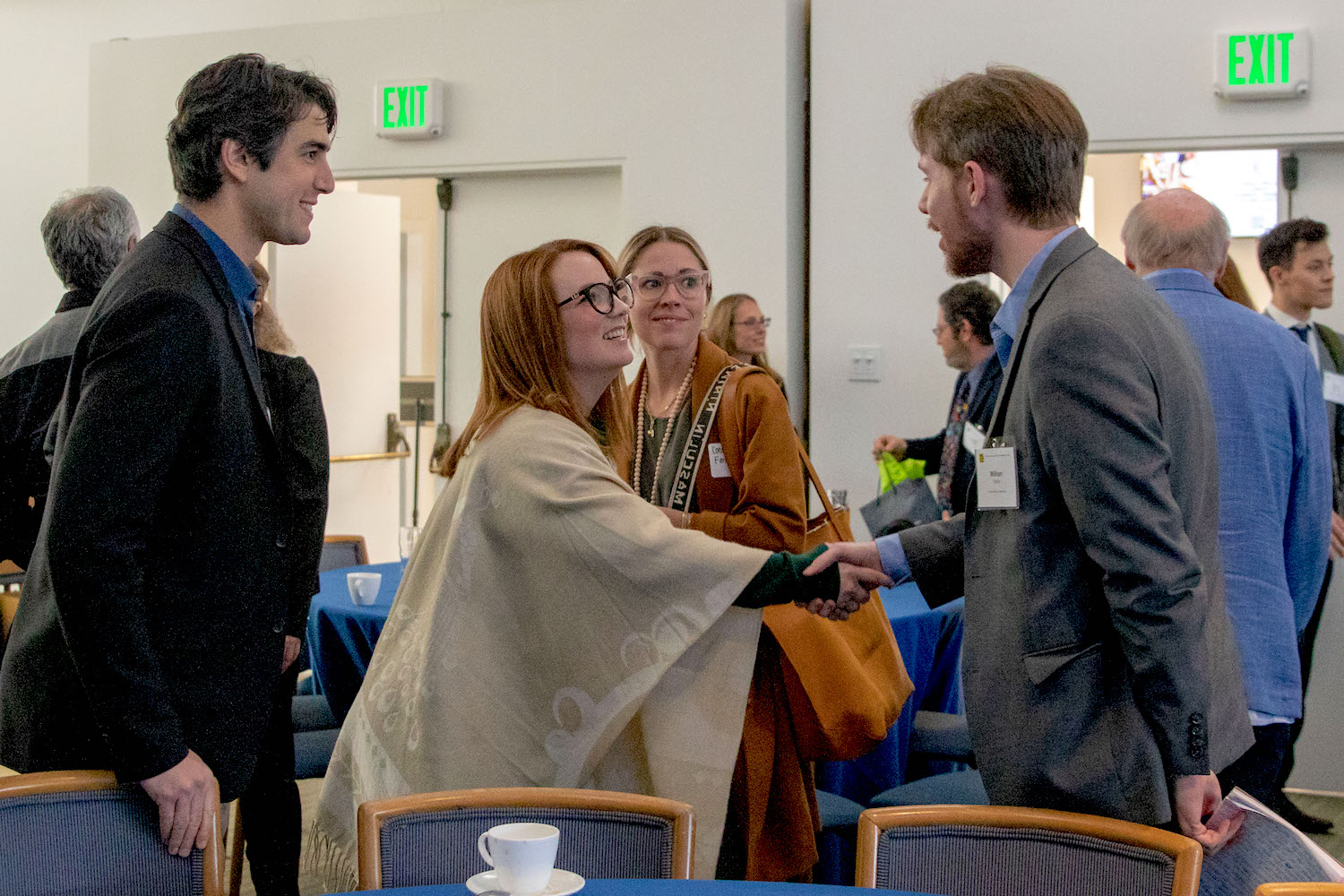

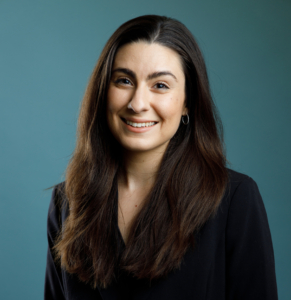 Lana Zimmerman received her undergraduate degree in Political Science with a minor in sustainability from California State University, Northridge. Lana’s expertise merges a broad range of fields—from the arts to quantitative data analysis. Before joining the UCLA Luskin Master of Public Policy program, she worked in community organizing and managed a grassroots Congressional campaign in the San Fernando Valley. Following this experience, she served as a curatorial research assistant for the Self-Help Graphics & Art Pacific Standard Time exhibition. In her work as a researcher, Lana presented information on environmental racism and displacement in underserved regions of Los Angeles. In her first year at Luskin, she received the Graduate Opportunity Fellowship Award and worked as a policy fellow for the Fernandeño Tataviam Band of Mission Indians Environmental Protection Division, creating policy responses to development requests for Tribal comments. Lana recently served as the UCLA Bohnett Fellow for the United States Conference of Mayors, exploring the possibilities of local entertainment in the Metaverse. Lana currently works as a graduate student researcher for the UCLA Latino Policy and Politics Institute (LPPI), writing and editing tabulation code for the research team at LPPI and exploring census data. Lana is a first-generation college graduate from the San Fernando Valley and is deeply committed to serving this city through effective and equitable public policy solutions.
Lana Zimmerman received her undergraduate degree in Political Science with a minor in sustainability from California State University, Northridge. Lana’s expertise merges a broad range of fields—from the arts to quantitative data analysis. Before joining the UCLA Luskin Master of Public Policy program, she worked in community organizing and managed a grassroots Congressional campaign in the San Fernando Valley. Following this experience, she served as a curatorial research assistant for the Self-Help Graphics & Art Pacific Standard Time exhibition. In her work as a researcher, Lana presented information on environmental racism and displacement in underserved regions of Los Angeles. In her first year at Luskin, she received the Graduate Opportunity Fellowship Award and worked as a policy fellow for the Fernandeño Tataviam Band of Mission Indians Environmental Protection Division, creating policy responses to development requests for Tribal comments. Lana recently served as the UCLA Bohnett Fellow for the United States Conference of Mayors, exploring the possibilities of local entertainment in the Metaverse. Lana currently works as a graduate student researcher for the UCLA Latino Policy and Politics Institute (LPPI), writing and editing tabulation code for the research team at LPPI and exploring census data. Lana is a first-generation college graduate from the San Fernando Valley and is deeply committed to serving this city through effective and equitable public policy solutions.